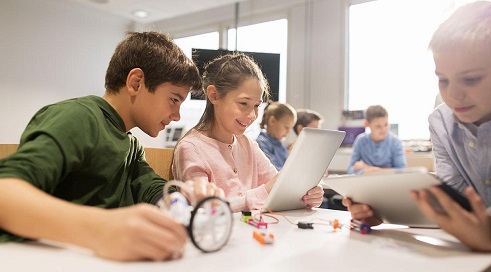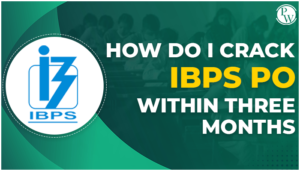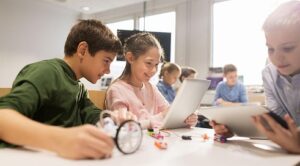
Do you believe that going to school and completing assignments for your college are a waste of time? If so, you might want to reconsider that assertion given the importance of education to the development and advancement of society. People with education can contribute significantly to their families, society, and various fields, creating a stable and lively community. Why is education crucial to the functioning of society? Let us examine a few of the reasons.
What is Education?
Education gives us the skills, information, and understanding we need to identify, understand, and fulfill our obligations to our families, communities, and nation. Thus, education has multiple jpslot benefits and is extremely important in life. One of the main reasons education is important in life is that it gives people a positive outlook on the world and society. Education improves our capacity to learn and investigate novel concepts.
Importance of education
The importance of education can be attributed to many factors. In general, they are all closely related to an individual’s life objectives and future well-being. Here are a few more frequently mentioned reasons why education is so crucial:
- It helps someone improve their ability to read, write, speak, and listen while honing their communication skills.
- It helps to develop critical thinking abilities. This is essential. It teaches someone about using logic in decisions and interactions (e.g., boosting creativity, improving time management).
- It increases a person’s chance of getting a better job. It also makes them better at meeting their current job’s requirements.
- It supports women’s and girls’ empowerment and advances gender equality.
Various types of education
Education is typically divided into three categories: non-formal, non-formal, and formal education.
- Formal education
Formal education is the kind typically provided in a classroom environment in an academic setting. Here, students receive instruction in both more complex academic subjects and fundamental skills like writing and reading.
It is also called “formal learning.” It starts in elementary school and ends with post-secondary education. It is delivered according to a curriculum. Certified professors or teachers give it.
- Informal education
Informal education is the type of learning that happens away from formal educational settings. This often happens when someone learns at home or in libraries. Or, they learn by using a device to browse educational websites. Another important kind of informal education is learning from the elderly. They are in one’s community.
This education lacks planning and intentionality. It also lacks adherence to a set curriculum or schedule. It’s impromptu and could also be called a natural way to learn.
- Non-formal education
Non-formal education possesses traits found in both formal and informal education. It follows a schedule and is implemented nationwide, even though it isn’t always done in a school environment. There is typically no age restriction and it is flexible with regard to schedule and curriculum.
The most popular non-formal educations are short programs. They are run by volunteers, are community-based, and are for vocational training.
benefits of education
Given below are the list of the various benefits of education in your day today life are:-
- Developing the capacity to resolve issues
In order to prepare students to make their own decisions, schools cultivate critical and logical thinking skills. This kind of upbringing better prepares children for adulthood. Then, they have to make all kinds of decisions regularly.
For instance, planning how to support a family or devising answers to problems facing the community.
- independence and empowerment
Reading, writing, and math literacy are useful to have. An individual with reading skills has limitless access to knowledge and data. A small business can be started by them once they are able to compute expenses and create a budget. Literate people can form opinions. This makes them more confident and independent.
- Encouraging individual equality
In an ideal world, discrimination would not be allowed. It would be based on race, gender, religion, social class, or literacy. This is where the importance of education is relevant. It teaches people to respect others’ opinions. It also helps them make strong, well-considered arguments. It is widely acknowledged by experts that education plays a major role in fostering social harmony.
- Stability and monetary safety
There is frequently a correlation between an individual’s income and level of education. Those who finish high school, get a degree, diploma, or certificate, or do post-graduate studies will find more jobs worldwide. Additionally, they may result in greater pay.
Conclusion
Education is indispensable for societal advancement and personal growth. It gives people vital skills and perspectives. They need them to make meaningful contributions to family and community. Education fosters critical thinking. It also promotes equality and empowers individuals. They can then navigate life’s complexities with confidence. Embrace education—it’s the key to unlocking opportunities and equality.







